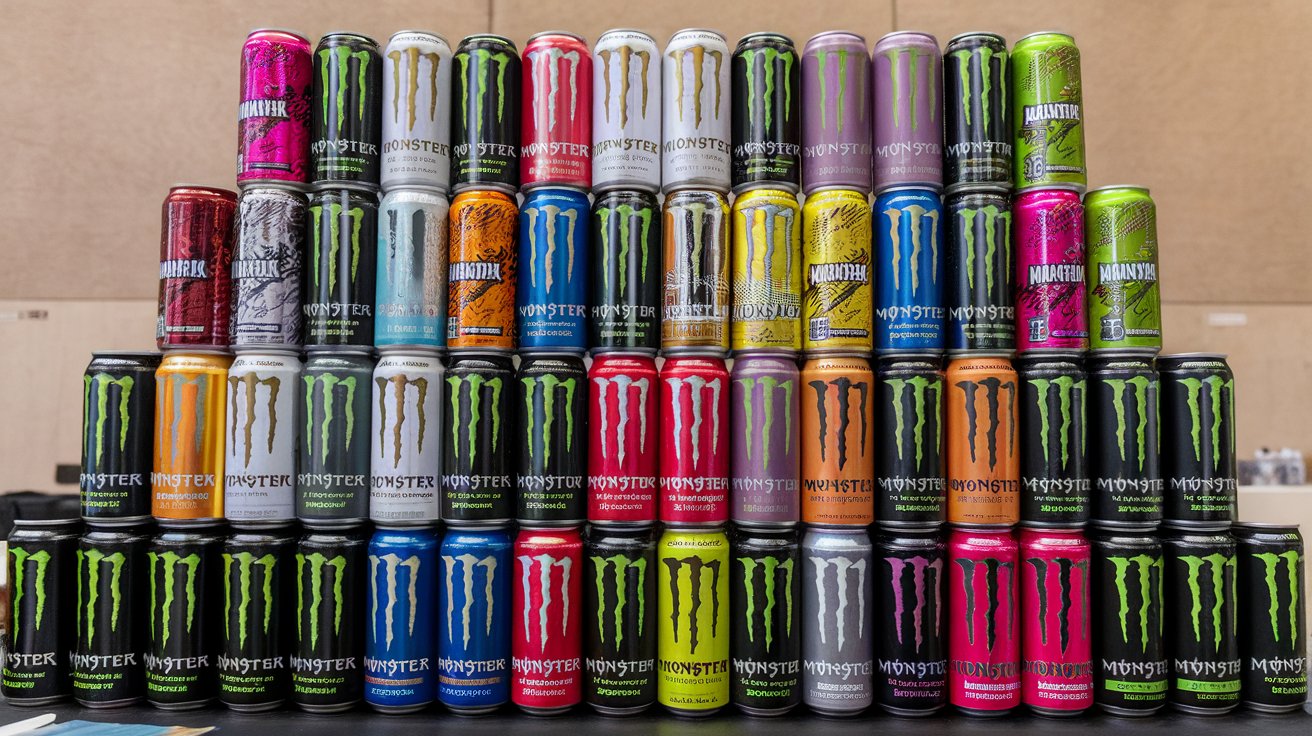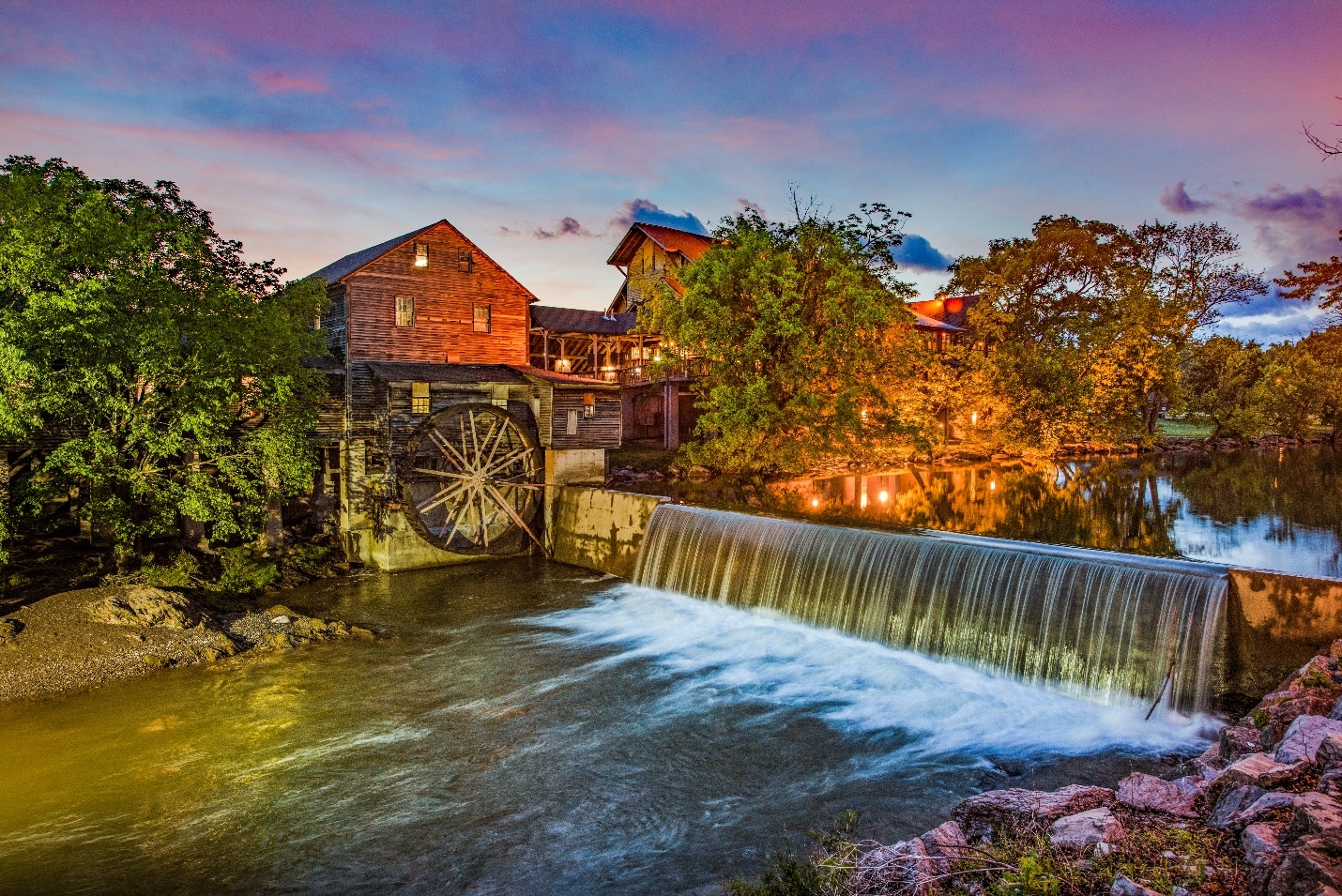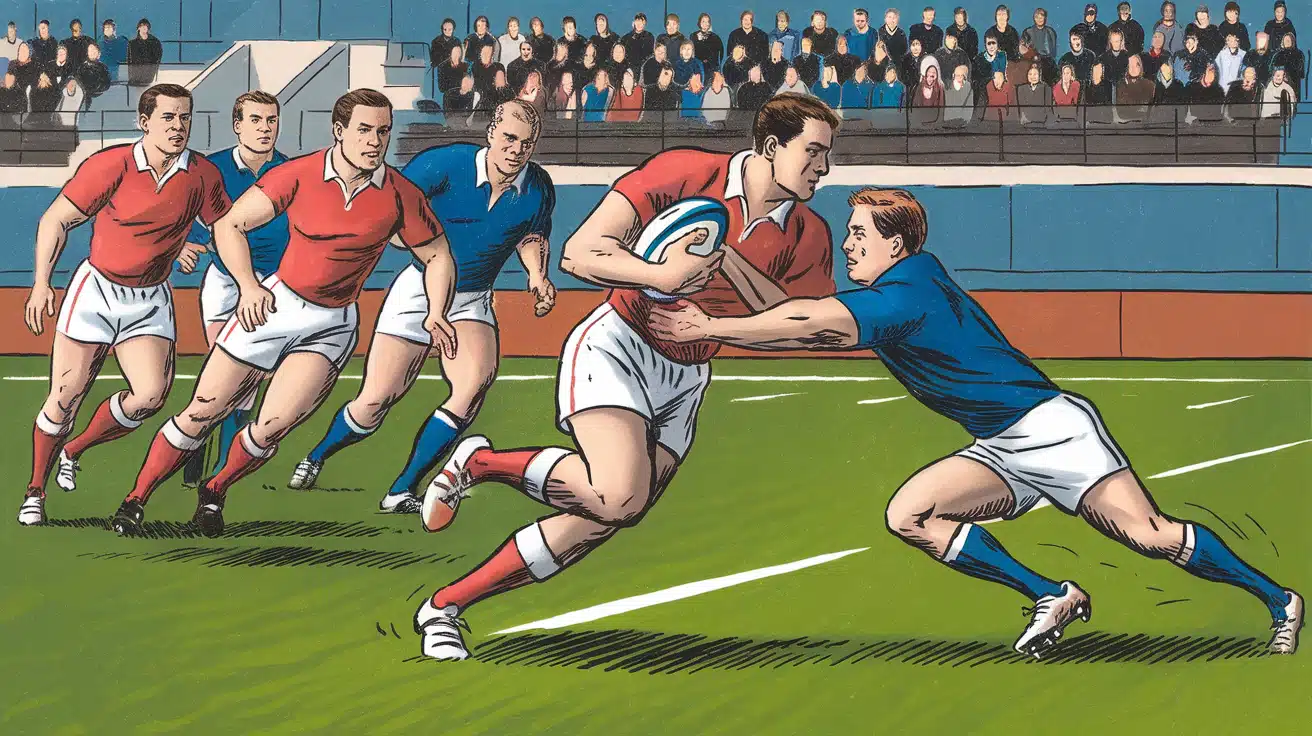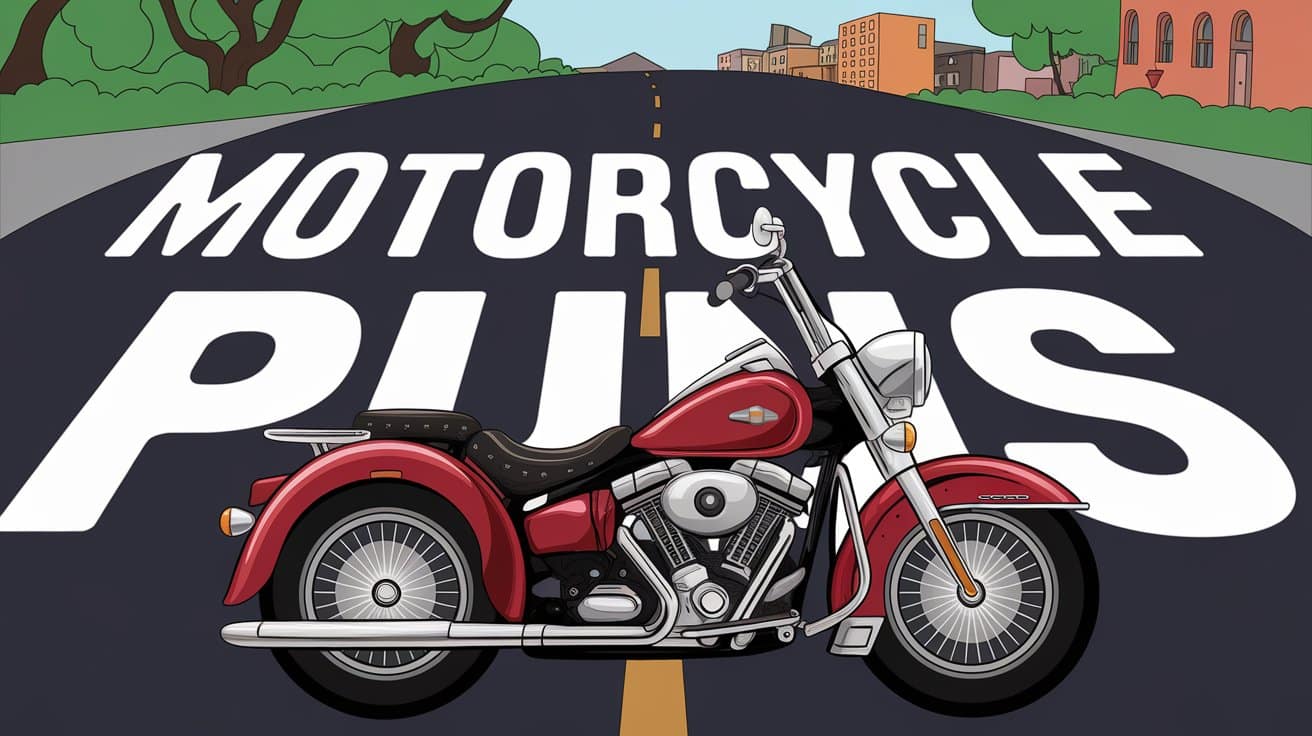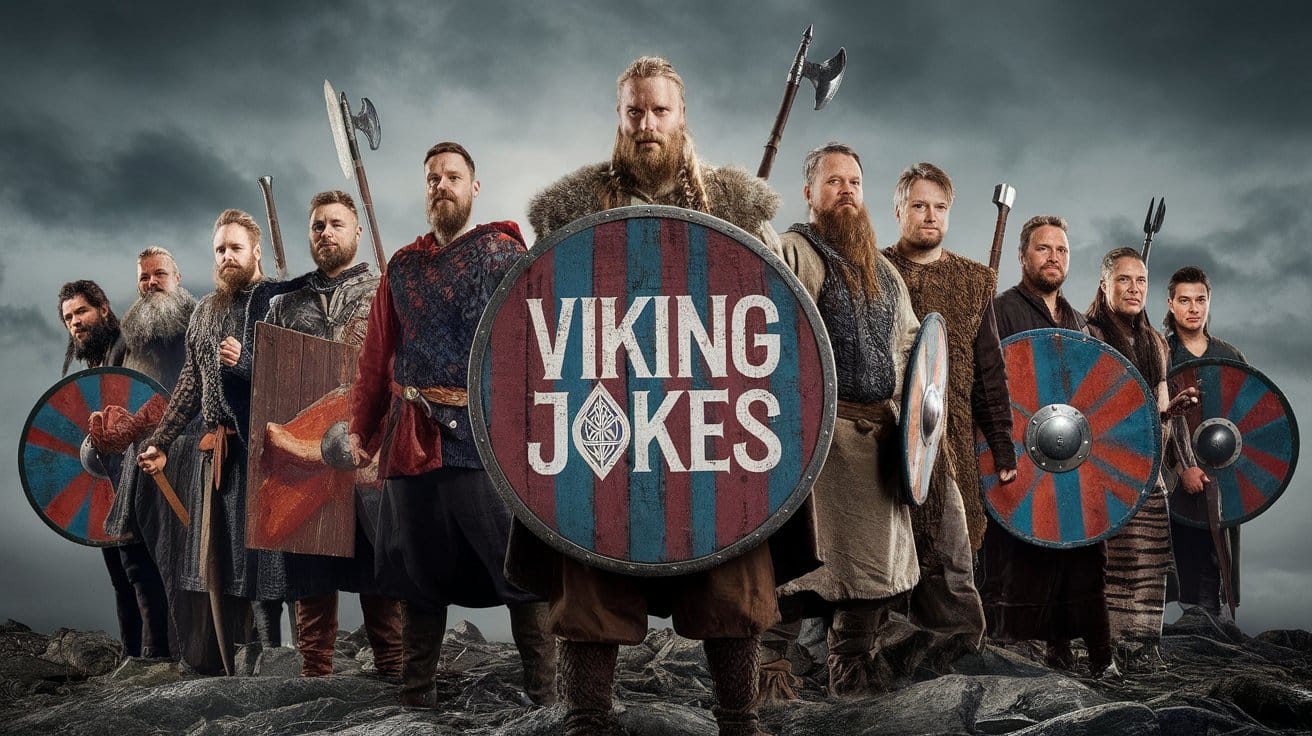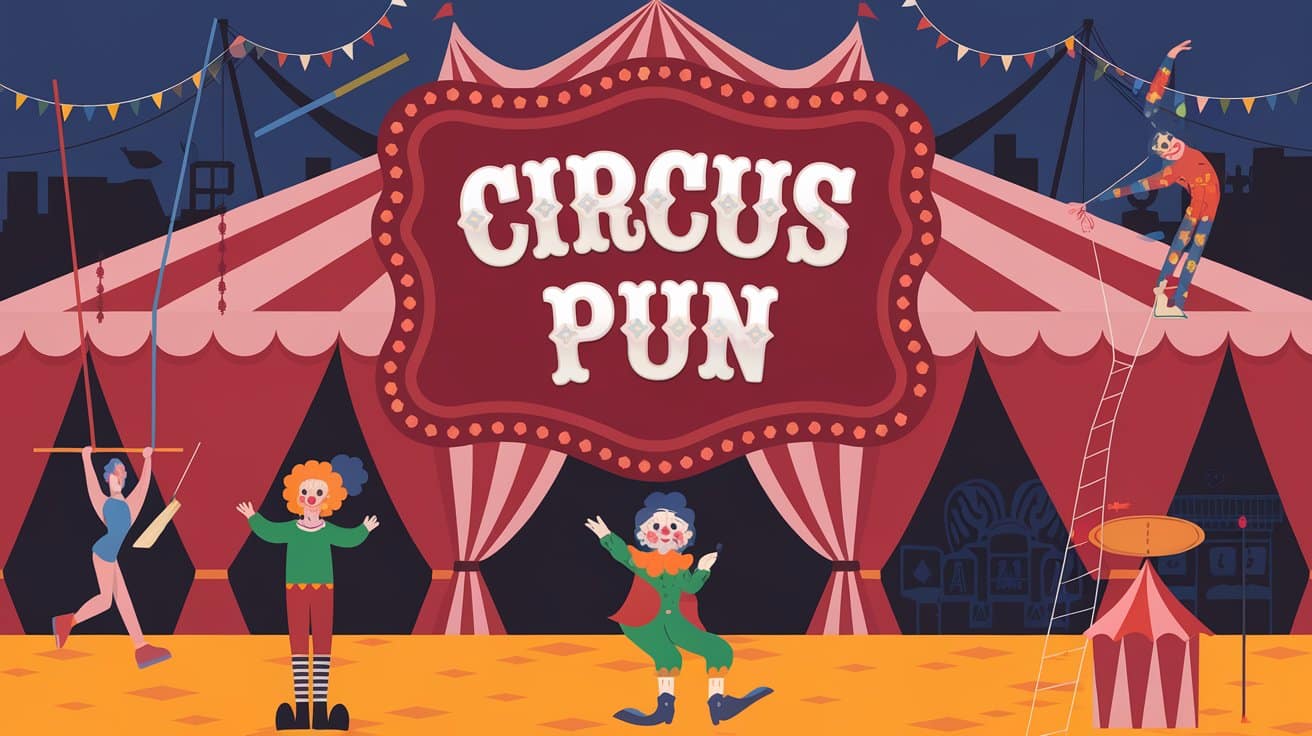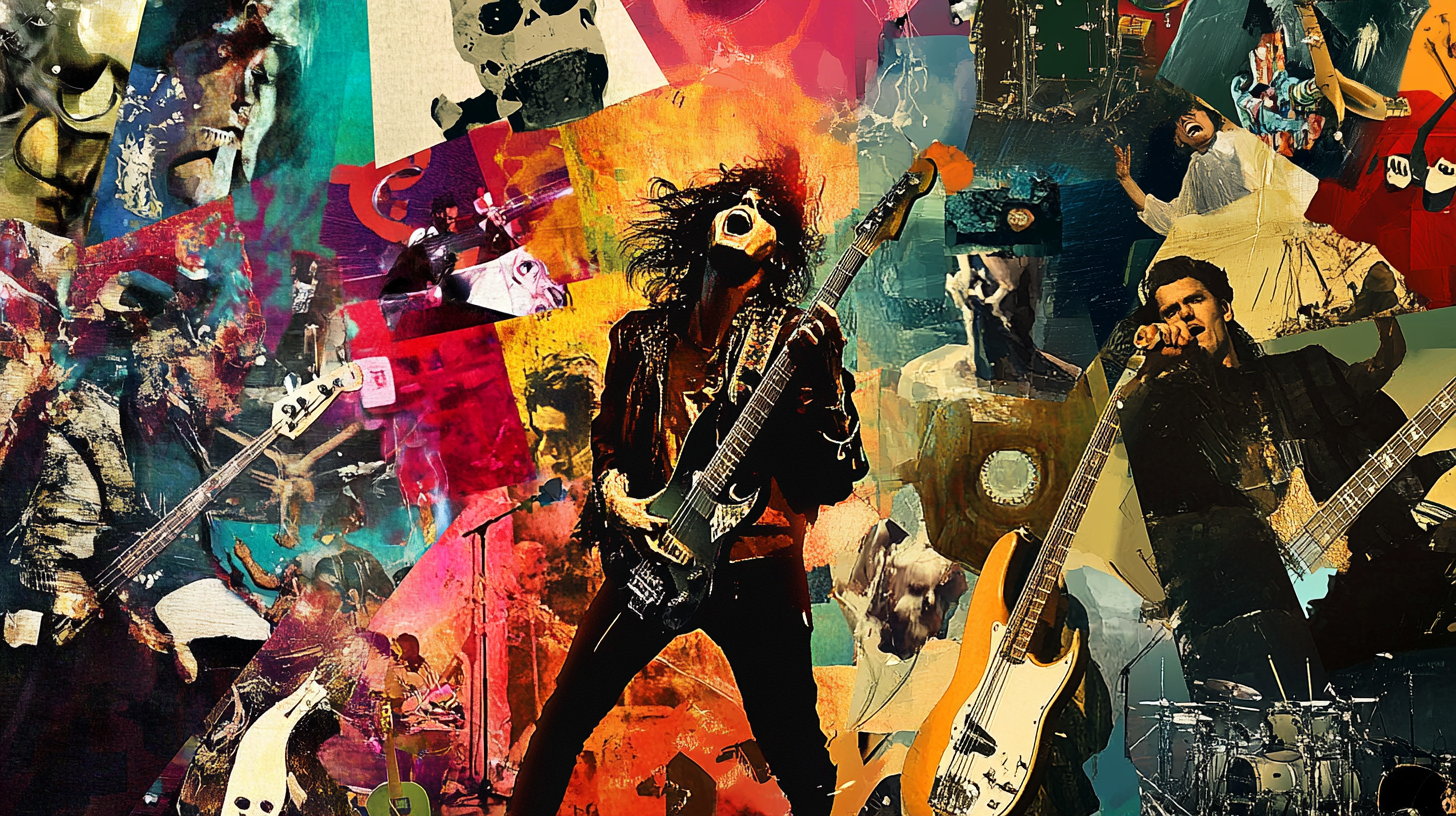
Rock music has been a dominant force in the music world for decades, evolving into various subgenres that reflect different styles, cultures, and attitudes.
From punk rock’s rebellious spirit to progressive rock’s experimental sounds, each type of rock music brings its own distinct energy.
With its roots in blues and country, rock has branched into various sounds and subcultures.
In this guide, we explore 25 types of rock music, highlighting their unique characteristics and how they’ve shaped the evolution of this ever-changing genre.
Types of Rock Music: Exploring the Genre’s Diversity
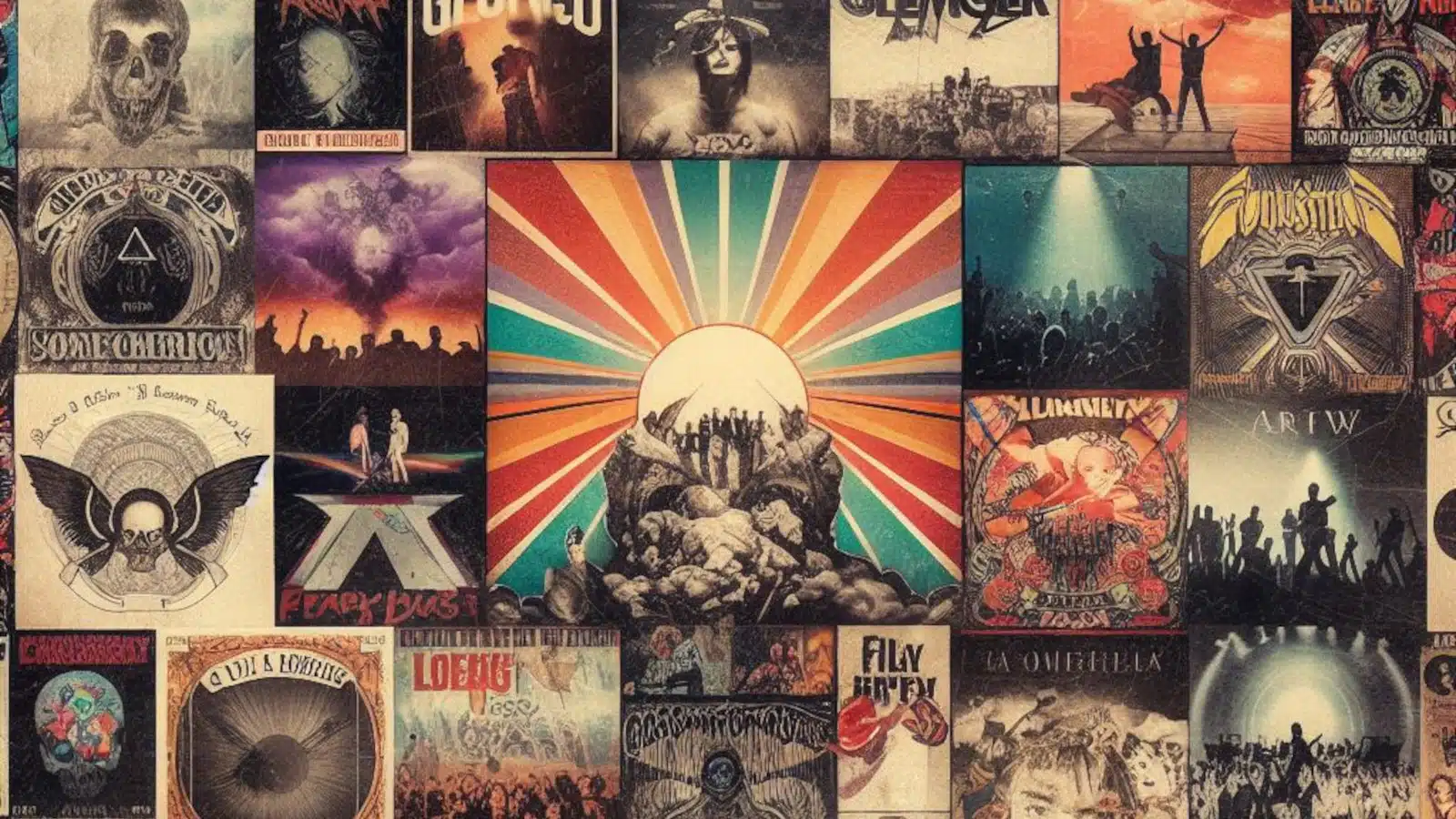
1. Classic Rock
Classic rock refers to the rock music that emerged primarily in the 1960s and 1970s, featuring iconic bands like Led Zeppelin, The Rolling Stones, and The Beatles.
Known for its guitar-driven sound and memorable anthems, classic rock laid the foundation for many of the subgenres that followed.
- Sound: Powerful guitar riffs, steady drumbeats, and iconic vocals.
- Notable Bands: Led Zeppelin, The Rolling Stones, The Beatles.
- Legacy: The backbone of rock music, influencing generations of musicians.
2. Hard Rock
Hard rock is a louder, more aggressive form of rock music, characterized by heavy guitar riffs, intense vocals, and strong rhythms.
Emerging in the late 1960s, bands like AC/DC and Aerosmith defined the genre with their energetic performances and powerful sound.
- Sound: Loud, distorted guitars, forceful vocals, and driving rhythms.
- Notable Bands: AC/DC, Aerosmith, Guns N’ Roses.
- Legacy: A precursor to heavy metal and a staple of rock concerts.
3. Alternative Rock
Alternative rock developed in the 1980s as a reaction against mainstream rock, incorporating diverse sounds and non-traditional song structures.
Bands like R.E.M., Nirvana, and Radiohead helped define this genre, blending elements of punk, indie, and grunge.
- Sound: Diverse, experimental with a mix of rock and non-rock elements.
- Notable Bands: Nirvana, Radiohead, R.E.M.
- Legacy: Pioneered new forms of rock music and gave rise to grunge and indie rock.
4. Punk Rock
Punk rock emerged in the 1970s as a fast, raw, and rebellious form of rock music.
Known for its DIY ethic, short songs, and anti-establishment lyrics, punk was a direct response to the perceived excesses of mainstream rock.
- Sound: Fast-paced, aggressive, with simple, stripped-down guitar riffs.
- Notable Bands: The Ramones, The Sex Pistols, The Clash.
- Legacy: Defined the punk ethos of rebellion and simplicity in music.
5. Progressive Rock
Progressive rock, or “prog rock,” is known for its complex song structures, elaborate compositions, and technical musicianship.
Progressive rock bands emerged in the late 1960s and often created concept albums with extended instrumental sections and thematic lyrics.
- Sound: Complex, often featuring odd time signatures, long songs, and intricate arrangements.
- Notable Bands: Pink Floyd, Yes, King Crimson.
- Legacy: Known for pushing the boundaries of traditional rock and incorporating elements of classical music.
6. Glam Rock
Glam rock emerged in the early 1970s and is known for its striking style, theatrical performances, and catchy rock tunes.
Artists in this genre often wore extravagant costumes and makeup, blending rock with elements of pop and glittery excess.
- Sound: Catchy riffs with strong rhythms with a pop-influenced rock sound.
- Notable Artists: David Bowie, T. Rex, Roxy Music.
- Legacy: Defined by its androgynous, theatrical style, influencing pop and rock.
7. Psychedelic Rock
Psychedelic rock developed in the 1960s, inspired by the mind-altering experiences of psychedelic drugs.
The music features experimental sounds, extended instrumental sections, and surreal lyrics.
Bands like The Doors and Jefferson Airplane brought this genre to prominence during the counterculture era.
- Sound: Experimental, with reverb, distortion, and dreamy, trippy vibes.
- Notable Bands: The Doors, Pink Floyd, Jefferson Airplane.
- Legacy: A key part of the 1960s counterculture movement, influencing progressive and alternative rock.
8. Indie Rock
Indie rock refers to the independent, DIY music production and distribution approach.
Known for its experimental nature, indie rock bands often blend alternative, folk, and pop elements.
The genre became especially popular in the 2000s with bands like Arctic Monkeys and The Strokes.
- Sound: Diverse, often featuring raw production and a DIY ethos.
- Notable Bands: Arctic Monkeys, The Strokes, Modest Mouse.
- Legacy: Influenced by the alternative rock movement, paving the way for independent artists.
9. Grunge
Grunge emerged from Seattle in the late 1980s and early 1990s, blending punk rock and heavy metal elements.
The genre is characterized by its raw sound, distorted guitars, and introspective lyrics, capturing the angst of a generation.
Nirvana and Pearl Jam were among the biggest names in grunge.
- Sound: Distorted guitars, heavy basslines, and emotionally charged lyrics.
- Notable Bands: Nirvana, Pearl Jam, Soundgarden.
- Legacy: Defined the 1990s rock scene and became synonymous with Generation X.
10. Garage Rock
Garage rock is a raw, energetic form of rock music that originated in the 1960s.
Its unpolished sound, simple chord progressions, and high energy characterized it.
Modern garage rock bands like The White Stripes revived the genre in the early 2000s.
- Sound: Lo-fi production, distorted guitars, and simple song structures.
- Notable Bands: The White Stripes, The Stooges, The Sonics.
- Legacy: Known for its gritty, rebellious energy and influence on punk and indie rock.
11. Blues Rock
Blues rock fuses elements of blues with the powerful sound of rock music.
This genre typically features guitar-driven songs with blues-inspired riffs and solos.
Bands like Cream and ZZ Top helped popularize blues rock by blending traditional blues with the amplified energy of rock.
- Sound: Bluesy guitar riffs, soulful vocals, and strong rhythms.
- Notable Bands: Cream, ZZ Top, The Black Keys.
- Legacy: Played a pivotal role in developing hard rock and classic rock.
12. Heavy Metal
Heavy metal is characterized by loud, aggressive sound, distorted guitars, and powerful vocals.
It emerged in the late 1960s and early 1970s with bands like Black Sabbath and Led Zeppelin.
Over time, heavy metal has evolved into various subgenres, but its core elements remain the same.
- Sound: Loud, aggressive with powerful guitar riffs and intense drumming.
- Notable Bands: Black Sabbath, Metallica, Iron Maiden.
- Legacy: Pioneered the sound of hard-hitting, intense rock, influencing countless subgenres.
13. Soft Rock
Soft rock is a more mellow, radio-friendly version of rock music that gained popularity in the 1970s and 1980s.
Featuring smooth melodies and lighter instrumentation, soft rock focuses on emotional, often romantic themes, making it ideal for mainstream audiences.
- Sound: Soft melodies, lighter instrumentation, and catchy hooks.
- Notable Bands: Fleetwood Mac, The Eagles, Chicago.
- Legacy: Defined the softer, more accessible side of rock music, particularly in radio hits.
14. Southern Rock
Southern rock emerged in the American South in the 1970s, blending rock with country, blues, and gospel elements.
Known for its twangy guitar sound and themes of Southern culture, this genre is deeply rooted in American traditions.
- Sound: Twangy guitars, country influences, and bluesy riffs.
- Notable Bands: Lynyrd Skynyrd, The Allman Brothers Band, ZZ Top.
- Legacy: A genre that celebrates southern heritage and has influenced country rock and Americana.
15. Stoner Rock
Stoner rock, also known as desert rock, is a subgenre that mixes heavy metal and psychedelic rock elements.
It has slow tempos, heavy basslines, and a fuzzy, distorted guitar sound.
Bands like Kyuss and Queens of the Stone Age helped shape this genre, giving it a distinct, laid-back yet intense vibe.
- Sound: Heavy, slow guitar riffs with psychedelic influences.
- Notable Bands: Kyuss, Queens of the Stone Age, Sleep.
- Legacy: Known for its atmospheric, hypnotic sound that merges metal and psychedelia.
16. Post-Rock
Post-rock is an experimental genre emphasizing atmosphere, texture, and instrumental soundscapes over traditional rock structures.
It often features long instrumental pieces that focus on mood rather than lyrics or catchy hooks.
Post-rock bands like Explosions in the Sky and Godspeed You! Black Emperor uses minimalism, repetition, and crescendos to build emotional intensity.
- Sound: Ambient, atmospheric, with long instrumental sections.
- Notable Bands: Explosions in the Sky, Godspeed You! Black Emperor, Mogwai.
- Legacy: Known for its emotional depth and cinematic quality, often used in film and television scores.
17. Folk Rock
Folk rock blends traditional folk music with rock, combining acoustic instruments with electric guitars and drums.
The genre gained prominence in the 1960s with artists like Bob Dylan and The Byrds, who combined folk storytelling with rock energy.
- Sound: Acoustic and electric guitar, storytelling lyrics, and simple rhythms.
- Notable Bands: Bob Dylan, The Byrds, Simon & Garfunkel.
- Legacy: Created a fusion between rock and folk that influenced many singer-songwriters.
18. Pop Rock
Pop rock combines the catchy hooks and melodies of pop music with the instrumentation and energy of rock.
It’s a commercially successful genre that appeals to a wide audience, often blending upbeat tempos with relatable lyrics.
Bands like Maroon 5 and The Beatles have produced numerous hits in this genre.
- Sound: Catchy melodies, simple structures, and polished production.
- Notable Bands: Maroon 5, The Beatles, OneRepublic.
- Legacy: A radio-friendly genre that has produced many mainstream hits over the decades.
19. Arena Rock
Arena rock, or stadium rock, is designed for large, live performances with superb sound and anthemic choruses.
Bands in this genre, such as Queen and Journey, are known for their elaborate stage shows and sing-along choruses, making them ideal for filling arenas and stadiums.
- Sound: Big, anthemic choruses with powerful guitar riffs.
- Notable Bands: Queen, Journey, Bon Jovi.
- Legacy: Known for its grand, larger-than-life sound, which is perfect for stadiums and live performances.
20. Experimental Rock
Experimental rock pushes the boundaries of traditional rock music by incorporating unconventional sounds, instruments, and structures.
Bands like The Velvet Underground and Radiohead have experimented with avant-garde techniques, blending rock with electronic, classical, and other genres to create unique sounds.
- Sound: Unconventional, blending different genres and styles.
- Notable Bands: The Velvet Underground, Radiohead, Can.
- Legacy: Known for pushing the boundaries of what rock music can be, often influencing indie and alternative scenes.
21. Gothic Rock
Gothic rock, or goth rock, emerged in the late 1970s and early 1980s.
It blends dark, atmospheric music with a brooding aesthetic.
It features deep vocals, ethereal guitar sounds, and melancholy lyrics, often exploring death, romance, and existentialism themes.
Bands like Bauhaus and The Cure helped define the genre.
- Sound: Dark, atmospheric, with haunting melodies and deep vocals.
- Notable Bands: Bauhaus, The Cure, Siouxsie and the Banshees.
- Legacy: Influenced the goth subculture and fashion, blending dark themes with rock.
22. Britpop
Britpop is a British alternative rock movement from the 1990s that emphasized catchy melodies and a sense of British identity.
It was seen as a response to the grunge movement in the U.S.
Bands like Oasis and Blur led the genre with their blend of guitar-driven rock and introspective lyrics.
- Sound: Melodic with an emphasis on British culture and themes.
- Notable Bands: Oasis, Blur, Pulp.
- Legacy: Defined 1990s British rock, offering a counterpoint to American grunge.
23. Rockabilly
Rockabilly is one of the earliest styles of rock and roll, blending rock with country and blues.
It emerged in the 1950s and is known for its energetic rhythm, slap bass, and twangy guitar sounds.
Artists like Elvis Presley and Carl Perkins helped bring rockabilly to the mainstream.
- Sound: Twangy guitars, slap bass, and energetic rhythms.
- Notable Artists: Elvis Presley, Carl Perkins, Johnny Cash.
- Legacy: Paved the way for the rock and roll revolution, influencing many future rock genres.
24. Surf Rock
Surf rock emerged in the 1960s, characterized by its reverb-heavy guitars and upbeat, summery feel.
It was popularized by bands like The Beach Boys and Dick Dale, who created soundtracks for the beach culture of the era.
The genre is known for its instrumental tracks and lively tempos.
- Sound: Reverb-heavy guitars, upbeat tempos, and often instrumental.
- Notable Bands: The Beach Boys, Dick Dale, The Surfaris.
- Legacy: Became the soundtrack of 1960s surf culture, influencing rock and pop music.
25. Math Rock
Math rock is a complex, technical subgenre of rock that focuses on irregular time signatures, intricate guitar work, and experimental song structures.
The genre is known for its precision and use of unconventional rhythms, often drawing comparisons to progressive rock.
Bands like Battles and Don Caballero are key figures in math rock.
- Sound: Complex, with intricate rhythms and unconventional song structures.
- Notable Bands: Battles, Don Caballero, American Football.
- Legacy: Known for its technical musicianship and influence on experimental rock.
Final Thoughts
Rock music’s evolution has given rise to various subgenres, each with unique characteristics and a fan base.
From the rebellious energy of punk rock to the complex rhythms of math rock, these 25 rock genres represent the diversity and innovation within the rock world.
Whether you’re drawn to the melodic sounds of classic rock or the dark atmospheres of gothic rock, each style offers something distinct for music lovers to explore.

